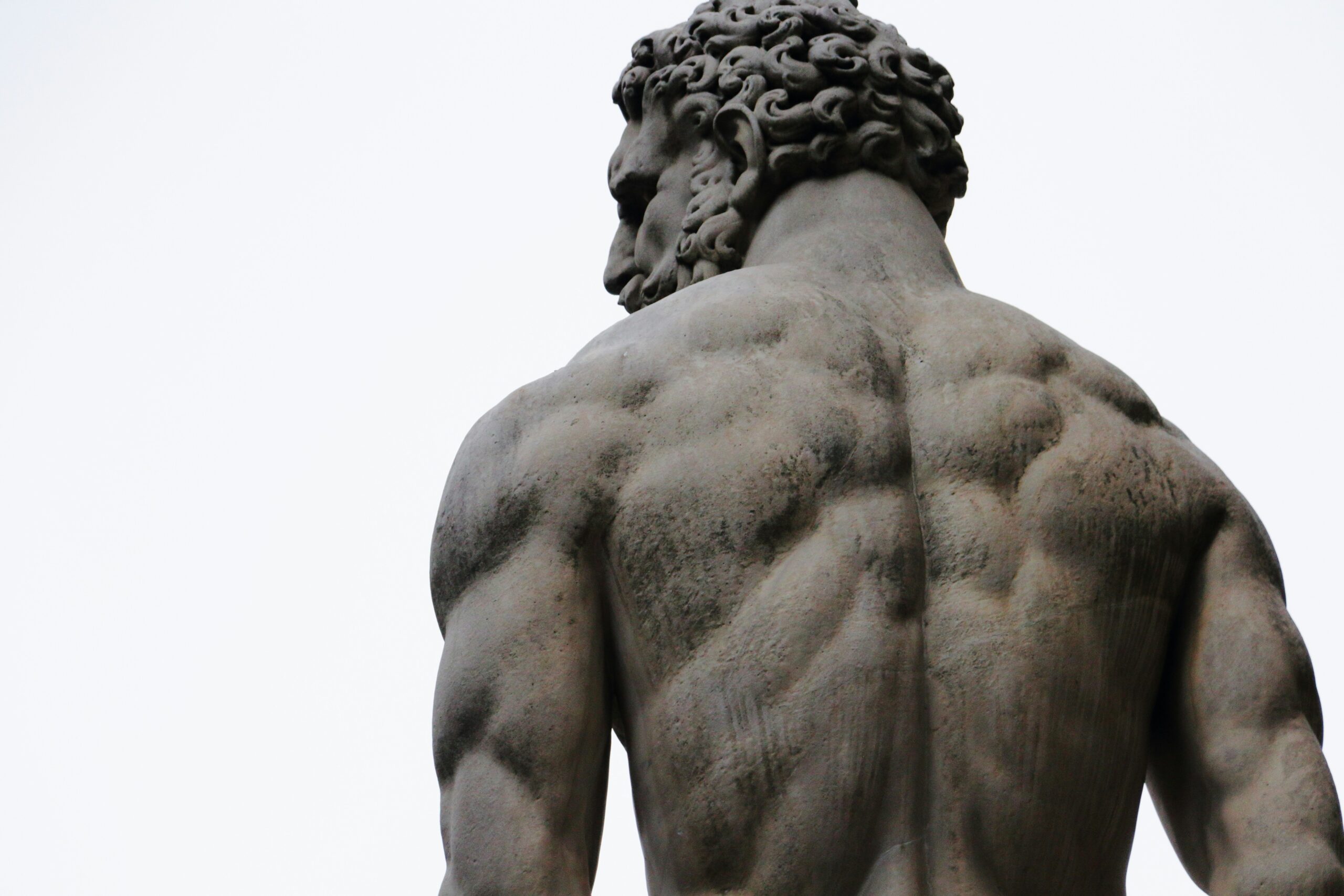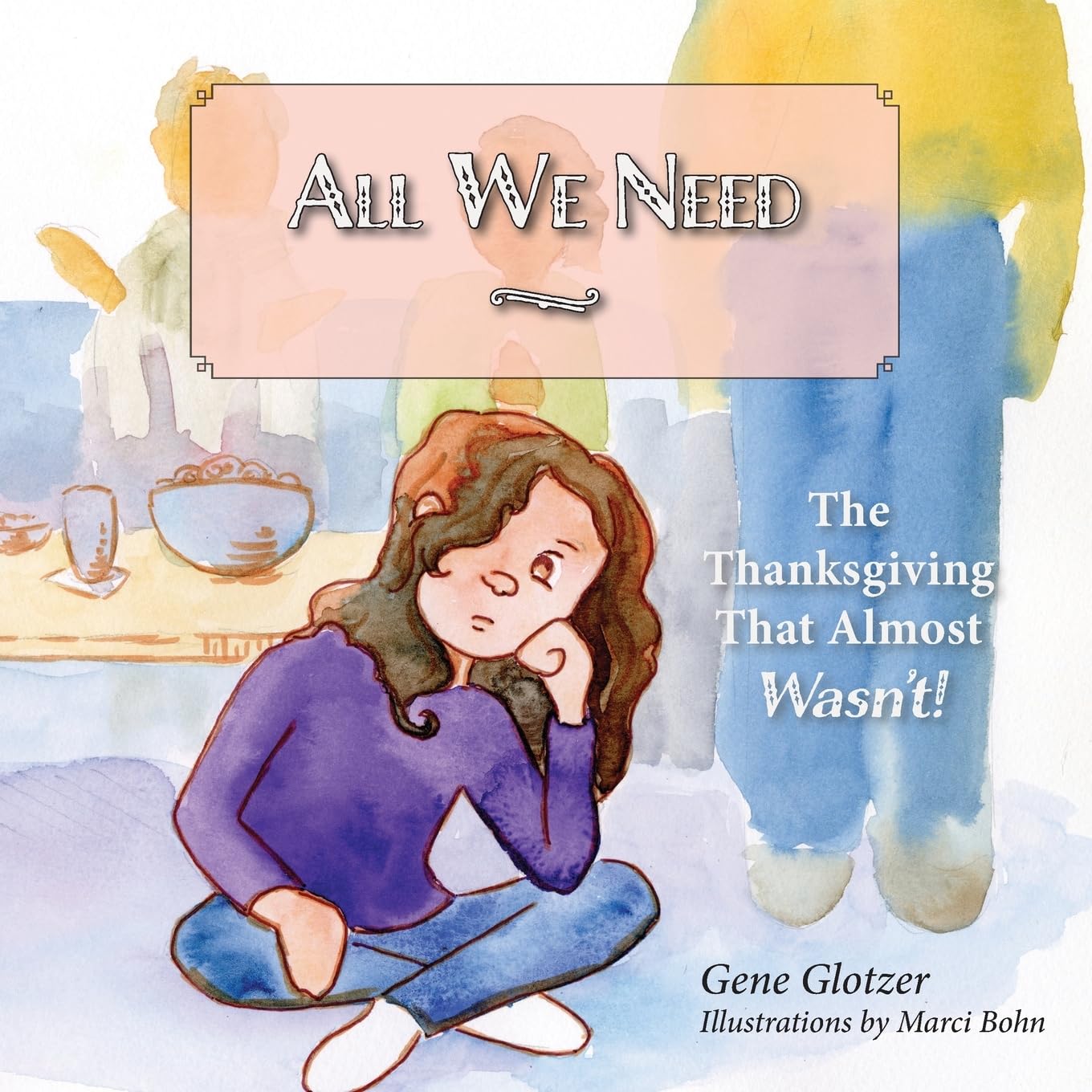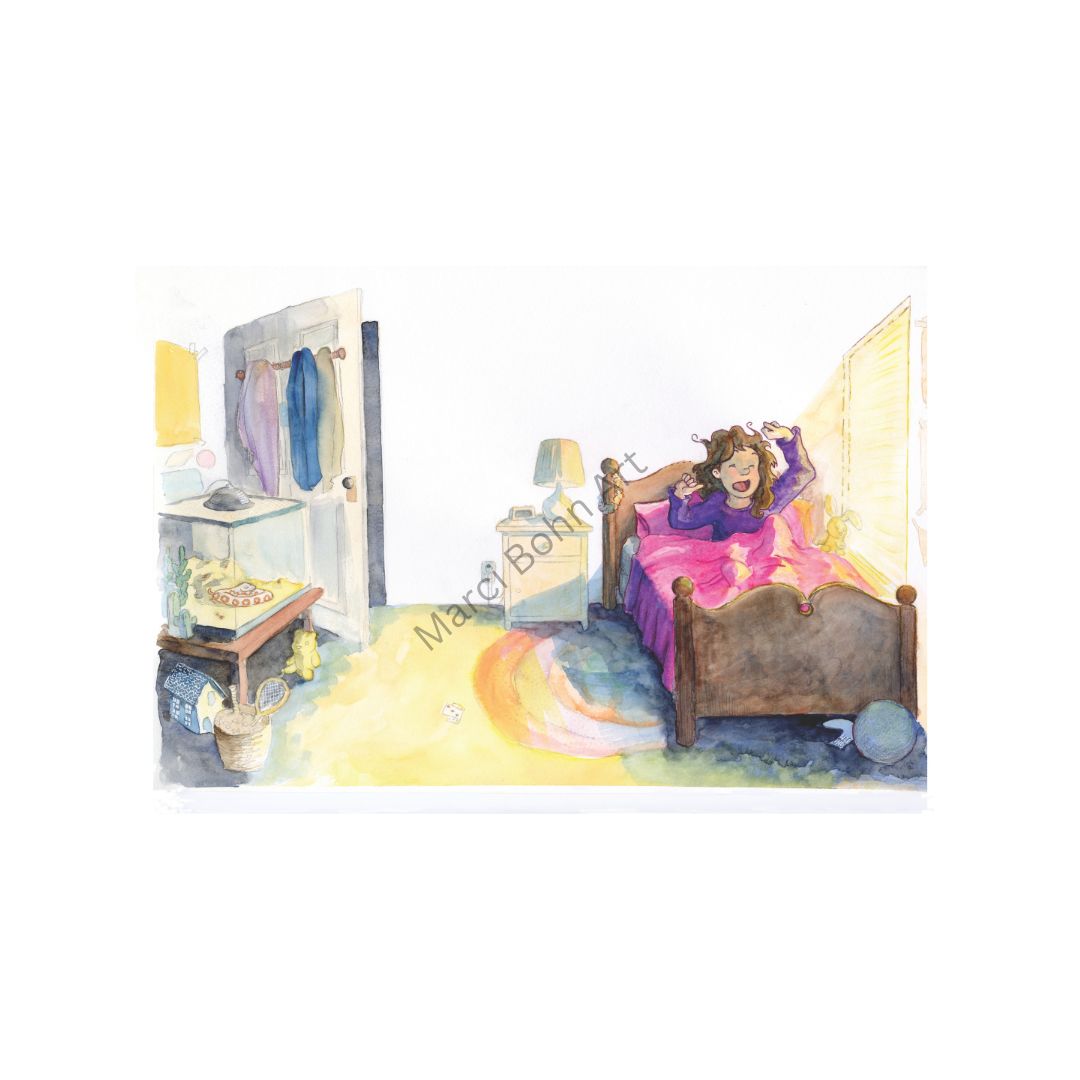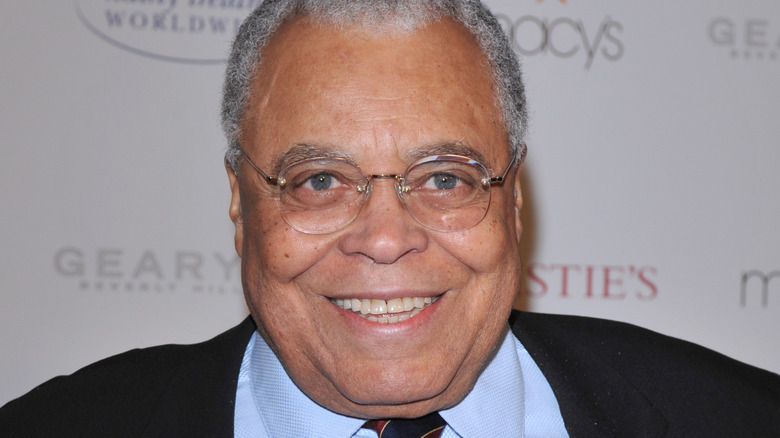The designated hitter has been a part of baseball for more than 40 years, but people still argue about it. In and of itself, that’s pretty extraordinary. Realistically, a person has to be close to 50 to remember baseball without the DH. The two point conversion has only been a part of the NFL since 1994, and no one argues about it. The NBA introduced the three point line in 1979. While there was grumbling at first, by the mid 80’s, it was completely accepted. Why can’t baseball fans accept the DH in the same way?
The most likely answer, aside from the fact that sports arguments are fun, is that the designated hitter is not good for baseball. The two point conversion is good for football. It not only fits with the spirit of the game, it makes the point after touchdown more interesting. The extra point is virtually automatic, it always felt like a formality. But now, there’s genuine strategy involved. Fans can play along at home. What was once ho-hum is now exciting. The same is true of the three pointer in basketball. As players got bigger and stronger, it changed the way the game was played. Basketball was originally about shooting, not driving to the hoop and dunking. While the three pointer didn’t erase dunks, it helped keep some of the original spirit of the game intact.
The designated hitter is bad for baseball for a couple of reasons. It goes against the spirit of the game. One of the ways baseball differs from most other team sports is the way all nine players are expected to perform both an offensive and defensive role. Basketball is similar. The DH is similar to having a designated shooter in basketball, someone who only takes free throws for the center. Clearly, that’s an absurd idea.
The second reason the designated hitter is bad for baseball is that it makes the game less interesting. For the sports fan, one of the most entertaining parts of watching sports is trying to think along with the action. Everyone has an opinion about whether a team should punt on 4th and 2. The same is true in National League baseball. The pitcher is throwing well, he’s only at 75 pitches, but his spot in the order is due next inning and his team is down by one. Is it better to let him finish the inning knowing that a pinch hitter will be used, or go to the lefty reliever now to play the matchup? That’s not even a question in the American League. With the DH, teams just let the starter pitch until he’s no longer effective.
The other big problem with the designated hitter is that arguments in favor of it don’t work. The most common argument is that nobody likes to see pitchers hit. SB Nation makes a point of following every Bartolo Colon at bat, so clearly someone enjoys watching pitchers hit. However, that’s not really what this argument is about. It’s really about pitchers not being good hitters. While that’s generally true, it’s also generally true of shortstops and catchers. And just like shortstops and catchers, some pitchers can really hit. Babe Ruth was a pitcher. Zack Greinke is a good hitter. Orel Hershiser was a good hitter. When Rick Ankiel flamed out as a pitcher, he came back as a profession outfielder who hit for power. If the fact that many pitchers are bad hitters were a good reason for the DH, there might as well be separated offensive and defensive players. That way everyone can watch brilliant hitters hit and brilliant fielders field. Unfortunately, that wouldn’t be baseball.
The next argument in favor of the designated hitter is that batting and running the bases is too risky for pitchers. This argument has many problems. First, pitching itself is far riskier than batting and running the bases. Second, if those activities are risky for pitchers, they are risky for anyone. Why protect pitchers while letting everyone else get hurt? Pitchers are professional athletes. If they aren’t in good enough shape to swing a 34 inch stick and then run 90 feet, they ought to find another profession.
The other common argument is that the designated hitter is a way to prolong careers. First of all, that’s not necessarily a good thing. There’s no good reason why keeping a veteran on the roster is good if there’s a kid in the system not getting a shot. Also, plenty of players play for National League teams when they get old. Jim Thome, Ricky Henderson, Dave Roberts, and Julio Franco all played for National League teams towards the end of their careers. A veteran with power and a strong knowledge of the strike zone is very valuable as a pinch hitter. Also, often it’s bat speed and foot speed that go first. That makes it hard for a veteran to be an effective DH. At the right position, like first base, it’s likely that the player will remain an effective fielder longer than an effective hitter.
Since the designated hitter is bad for baseball, it should be abolished. Except it shouldn’t be abolished. It should never have been adopted, but it was. It has been a part of the American League for forty years. It is the key to differentiating the two leagues. In a world with the travesty of interleague play, that is vital for the health of baseball. Something that most people never really talk about is what the MLB playoffs are really about. They aren’t about finding the best team. A 162 game schedule does a nice job of that. The playoffs are about pitting the two leagues against each other to crown a champion. If there’s no difference between the leagues, there’s no point to the playoffs. If the two leagues are the same, just crown the team with the best record. Having different rules and different styles of play makes the World Series more exciting and more meaningful.
Now it makes sense why people still argue about the designated hitter. It really is a silly rule that never should have been implemented. Yet, it serves a real purpose. It keeps the World Series meaningful. The arguments feed off of that tension. Hopefully, they will never stop.










